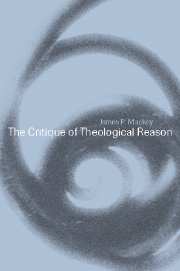Chapter 1 - The status quo: genesis
Published online by Cambridge University Press: 22 September 2009
Summary
CARTESIAN PHILOSOPHY TODAY
The most common assessment of the legacy of Descartes is that he left us with a picture of mind–body dualism more clearly drawn and more deeply and widely influential than Plato had produced, or Plato's less sophisticated followers had managed in the centuries between. Two examples of such an assessment must suffice. The first is from a piece on neurophysiology by Peter Fenwick. ‘Descartes, in the seventeenth century, maintained that there are two radically different kinds of substance, the res extensa – the extended substance, that which has length, breadth and depth, and can therefore be measured and divided; and a thinking substance, the res cogitans, which is unextended and indivisible. The external world of which the human body is part belongs to the first category, while the internal world of the mind belongs to the second.’
Fenwick goes on from this general account of Descartes's legacy to a brief survey of the philosophies of mind that dominate the current scene. At one extreme he places Dennett's neurophilosophy: consciousness and subjective experience are just the functions of neural nets, and nothing is required to explain these except a detailed knowledge of neural nets. At the other extreme stands Nagel: subjective experience is not available to scientific method, as it is not in the third person and cannot be validated in the public domain.
- Type
- Chapter
- Information
- The Critique of Theological Reason , pp. 8 - 51Publisher: Cambridge University PressPrint publication year: 2000

